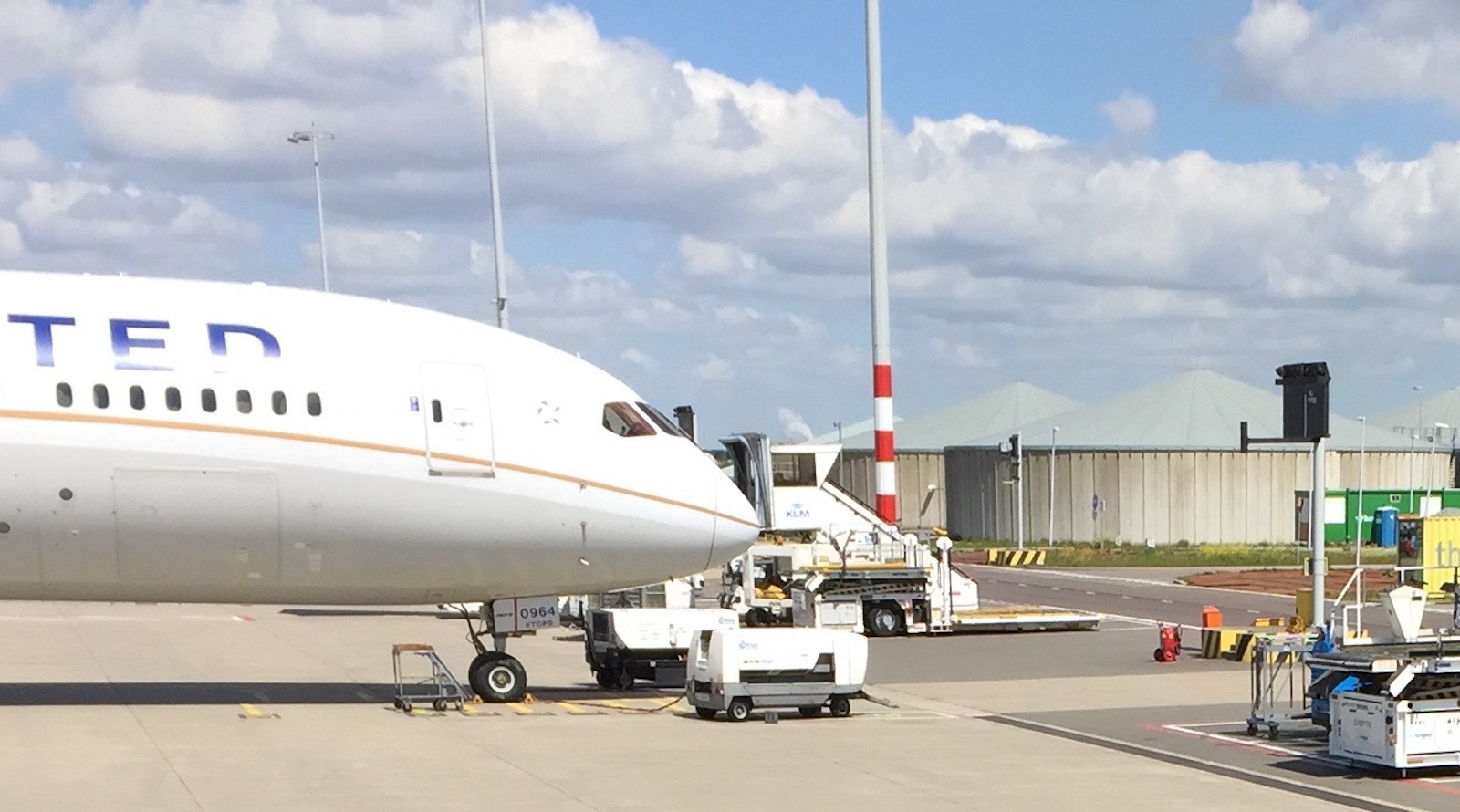Tackling Aviation's Climate Impact: Contrail Avoidance Solutions Urged at COP29
Key Ideas
- Transport & Environment report highlights the opportunity to cut 80% of contrails damage in aviation, emphasizing the urgent need for action on non-CO2 effects.
- Contrails' impact on global warming is as significant as CO2 emissions from aircraft, with a feasible solution of rerouting to avoid 80% of the damage.
- An open letter initiated by T&E calls for global decision makers to implement solutions to address non-CO2 effects like contrails, showcasing the simplicity of mitigating this issue.
- Despite the awareness of contrails' warming effects for over 25 years, little proactive action has been taken by the aviation industry, stressing the need for collaboration and movement at COP29.
In a recent report titled 'Contrail avoidance: aviation’s climate opportunity of the decade,' Transport & Environment (T&E) highlighted the cost-effective nature of avoiding 80% of the damage caused by contrails in aviation. The report, released ahead of COP29, sparked discussions and led to an event at the conference in Baku. Climate scientists and activists emphasized the urgent need for addressing non-CO2 effects, particularly contrails, in addition to decarbonization efforts. By investing just $4 per ticket, the significant impact of contrails on global warming could be largely mitigated, although airlines express concerns about the cost. The letter by T&E called for cooperation from the airline industry and governing bodies to tackle the issue.
Contrails, which can contribute as much to global warming as CO2 emissions from planes burning fossil fuels, could be reduced by about 80% through simple rerouting. The aviation industry's lack of proactive measures to address this issue is highlighted, with a call for global decision makers to take action. The open letter stresses the known warming effects of contrails, their persistence in the atmosphere, and the potential to form artificial cirrus clouds with a net warming effect. Despite the long-standing awareness of these effects, little progress has been made in mitigating contrails' impact.
The key institutions urged to take action include the UN International Civil Aviation Organization, the EU Aviation Safety Agency, the USA Federal Aviation Administration, and others involved in aviation governance. The letter emphasizes the need for solutions to address non-CO2 effects of aviation, showcasing contrails as a significant aspect of this challenge. The article questions whether COP29, with the presence of influential countries like Russia and Saudi Arabia, will lead to meaningful advancements in tackling aviation's climate impact.
